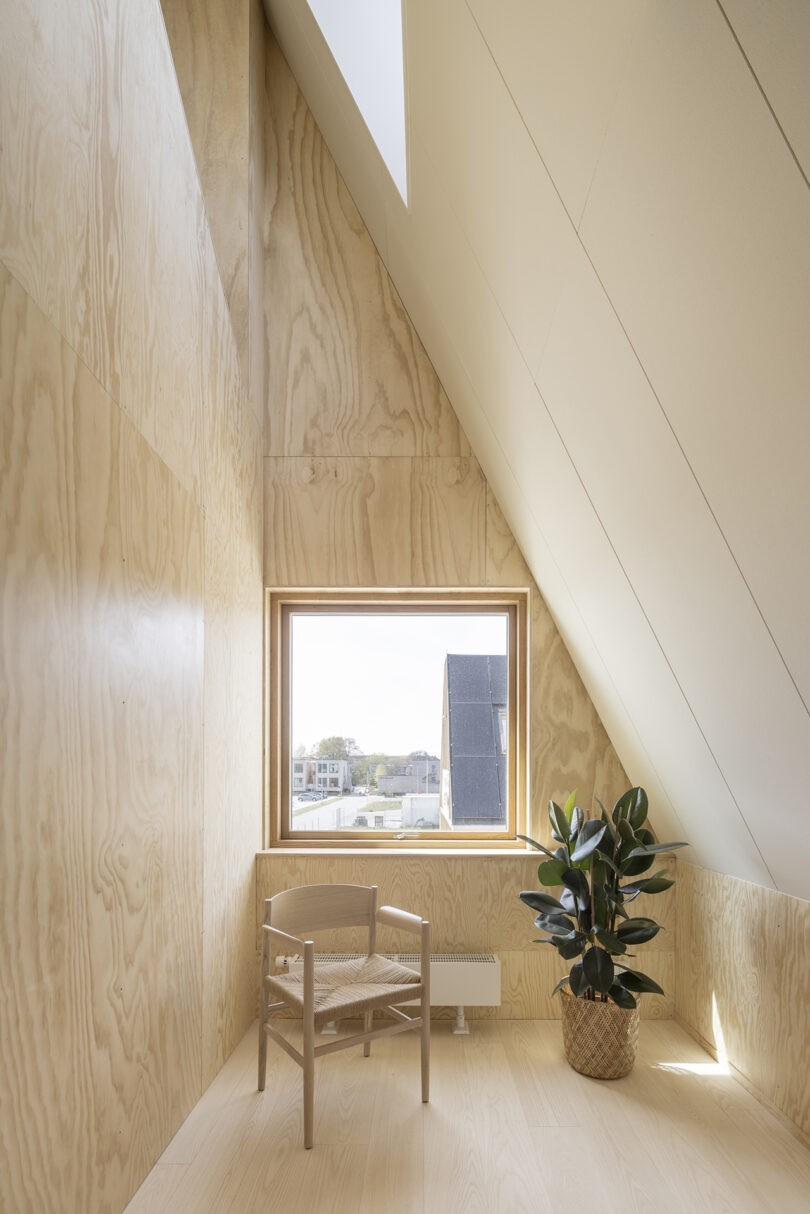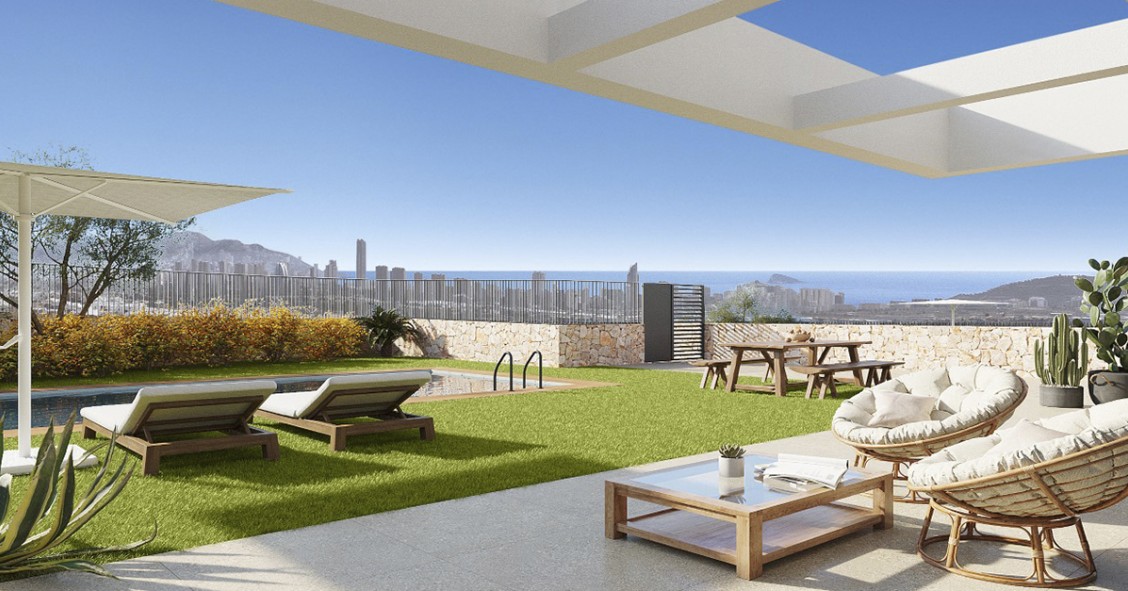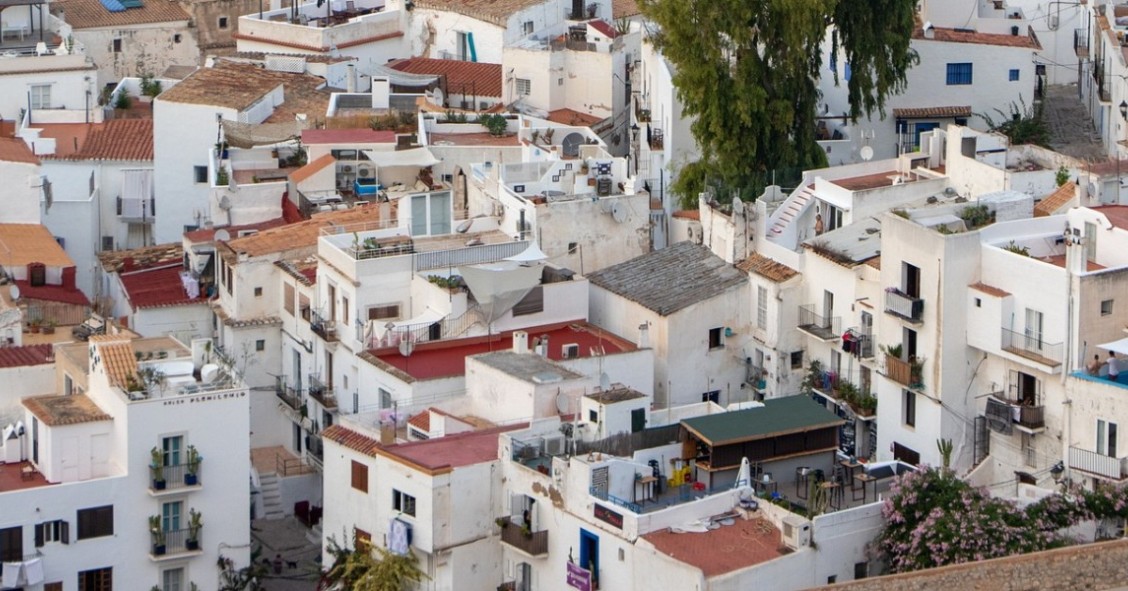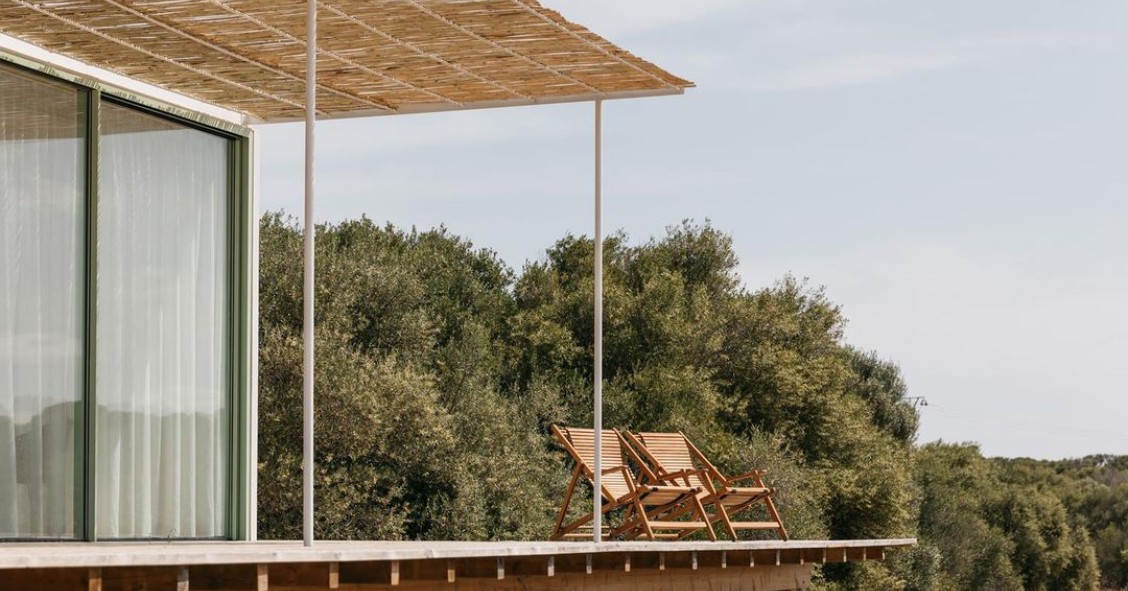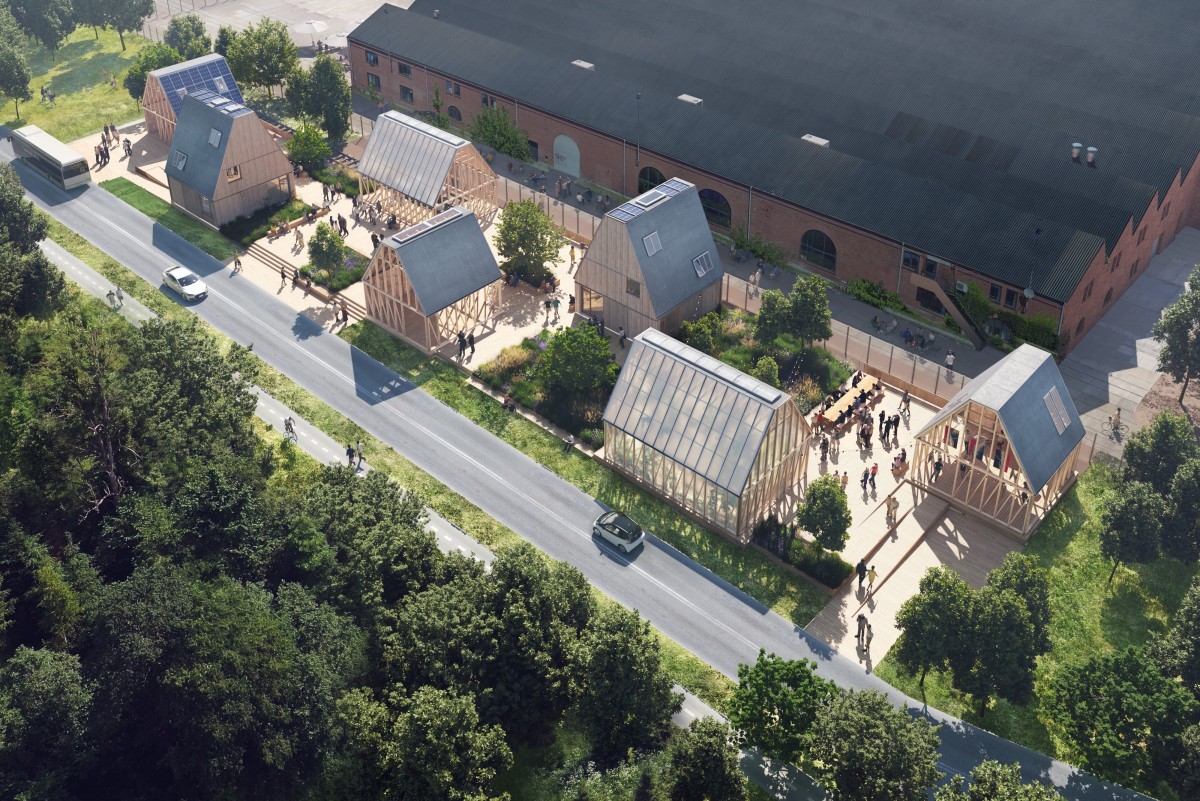
Pollution and carbon emissions have become one the main problems facing humanity. That is why more and more research and proposals are being made every day to promote low carbon emissions in all aspects of our lives.
In this respect, architecture will be no exception, and for some time now, many prototypes have been developed to create more sustainable housing, both in terms of construction techniques, materials and passive systems.
A fascinating example of this can be found in a project carried out by Velux in the city of Copenhagen. It is a proposal that goes beyond the building itself and explores urban planning aspects.
Low-emission urban development
Living Places Copenhagen is this experimental project promoted by the window manufacturer Velux in collaboration with the Danish architectural firm EFFEKT, the civil engineers Enemærke & Petersen and the consultancy and real estate company Artelia. It is based on a housing development that uses existing technology and materials to achieve low carbon emissions.
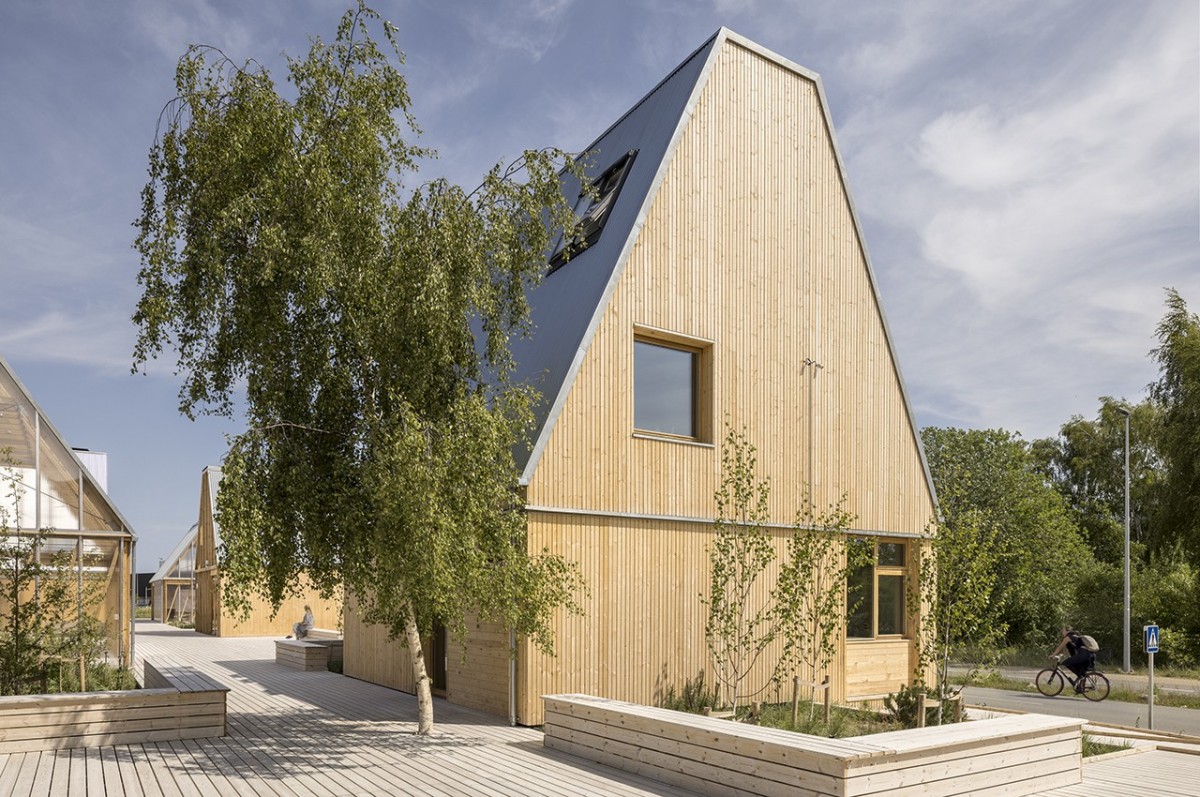
Moreover, the design is conceived to be scalable and competitively priced. To showcase the complex, two complete homes and five open pavilions have been built to demonstrate its structure.
As Velux explains: "This pilot project aims to show that low-carbon and earth-friendly housing can be built using existing technologies, without incurring additional construction costs and without compromising on quality, architecture and indoor climate".
A thorough study of emissions from the materials, designs and construction techniques was conducted and compared with the emissions expected from a typical Danish house. The result was enlightening: 3.8 kilograms of CO2 per square metre per year. A Living Places house's CO2 footprint is three times less than that of an average Danish detached house.
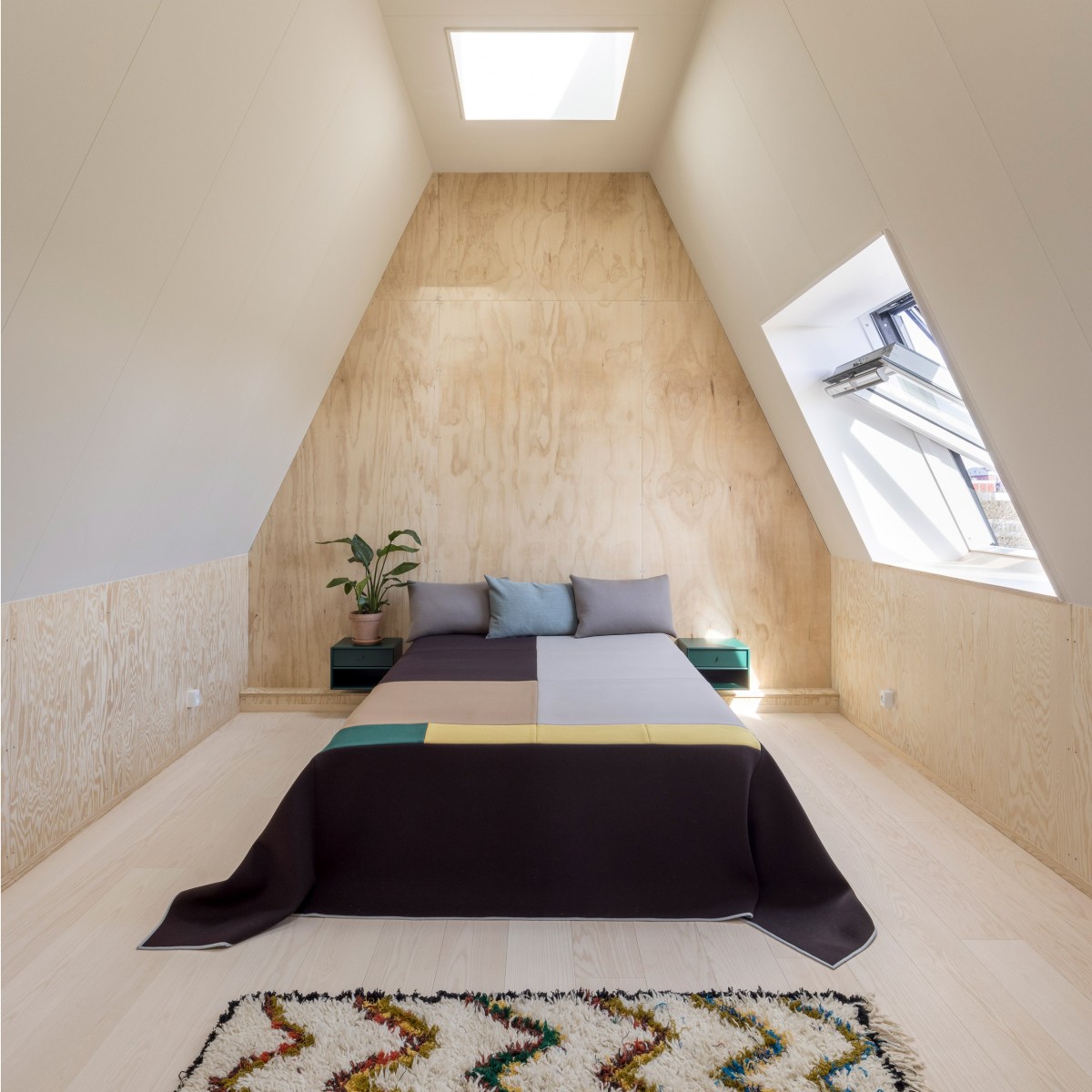
Not only that, but the biogenic materials selected provide carbon storage, meaning that the homes are carbon negative for their entire lifetime.
Optimal, affordable modules
The buildings designed in Living Places Copenhagen are highly versatile and modular, making them easy to repair, upgrade and disassemble. As Velux states, "each component has been optimised for the best possible combination of price, indoor climate and carbon footprint, with special attention paid to the building envelope, where significant CO2 savings can be achieved".
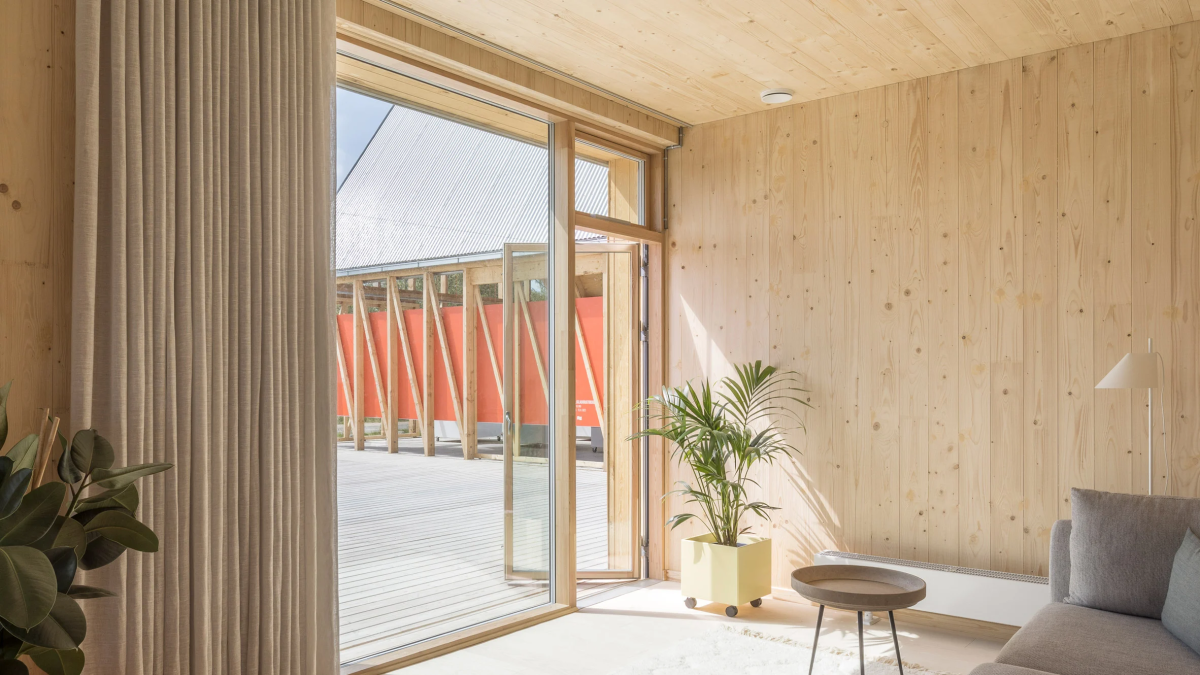
Moreover, the outdoor spaces are designed to be shared, thus reducing space and land use, increasing density and encouraging neighbours to socialise. If all semi-detached and terraced houses were built like this, approximately one million tonnes of CO2 could be saved every year.
On the other hand, this modularisation allows each family to tailor their home to their needs. As a result, single-family houses, semi-detached houses or multi-family units can be built at Danish market prices.
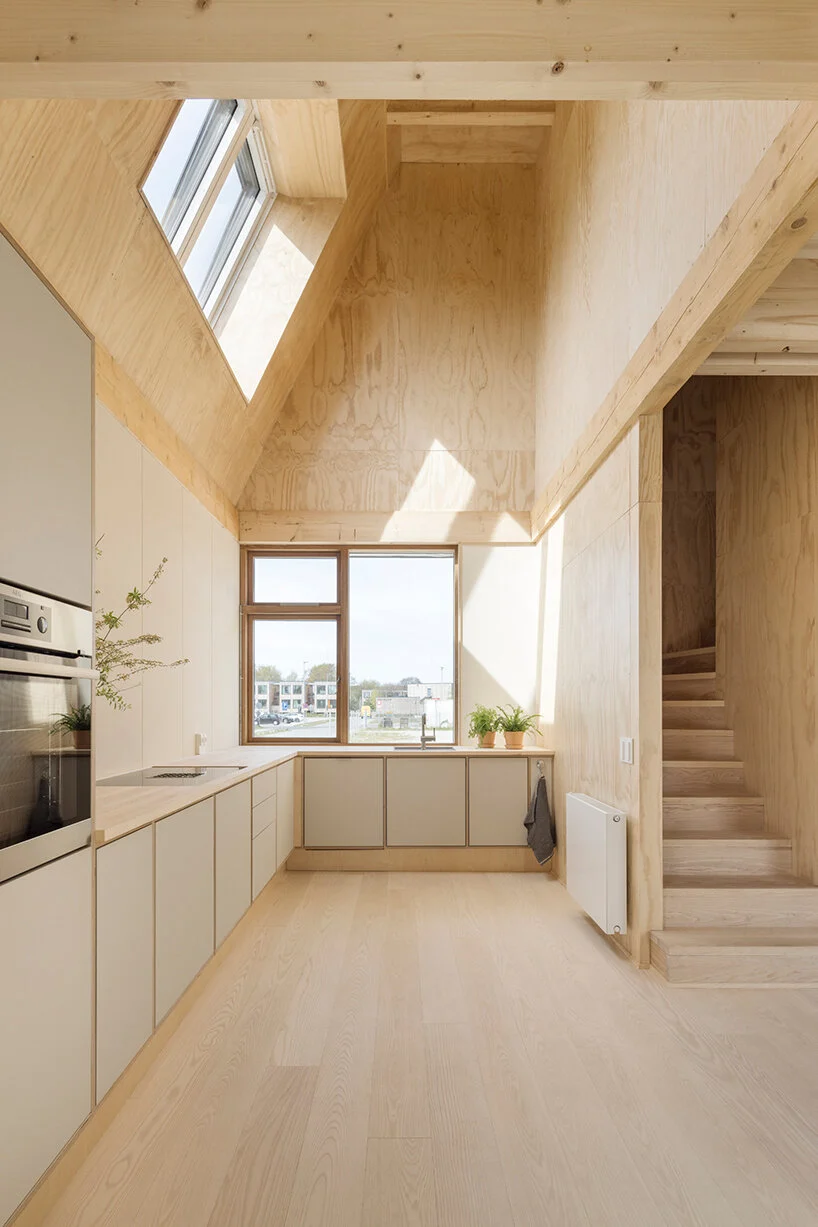
A prototype for the future
The Living Places Copenhagen project is currently undergoing negotiations between the various parties to obtain licences for a scaled-up concept, to build the first full-scale community or neighbourhood on the outskirts of the city in 2024-2025.
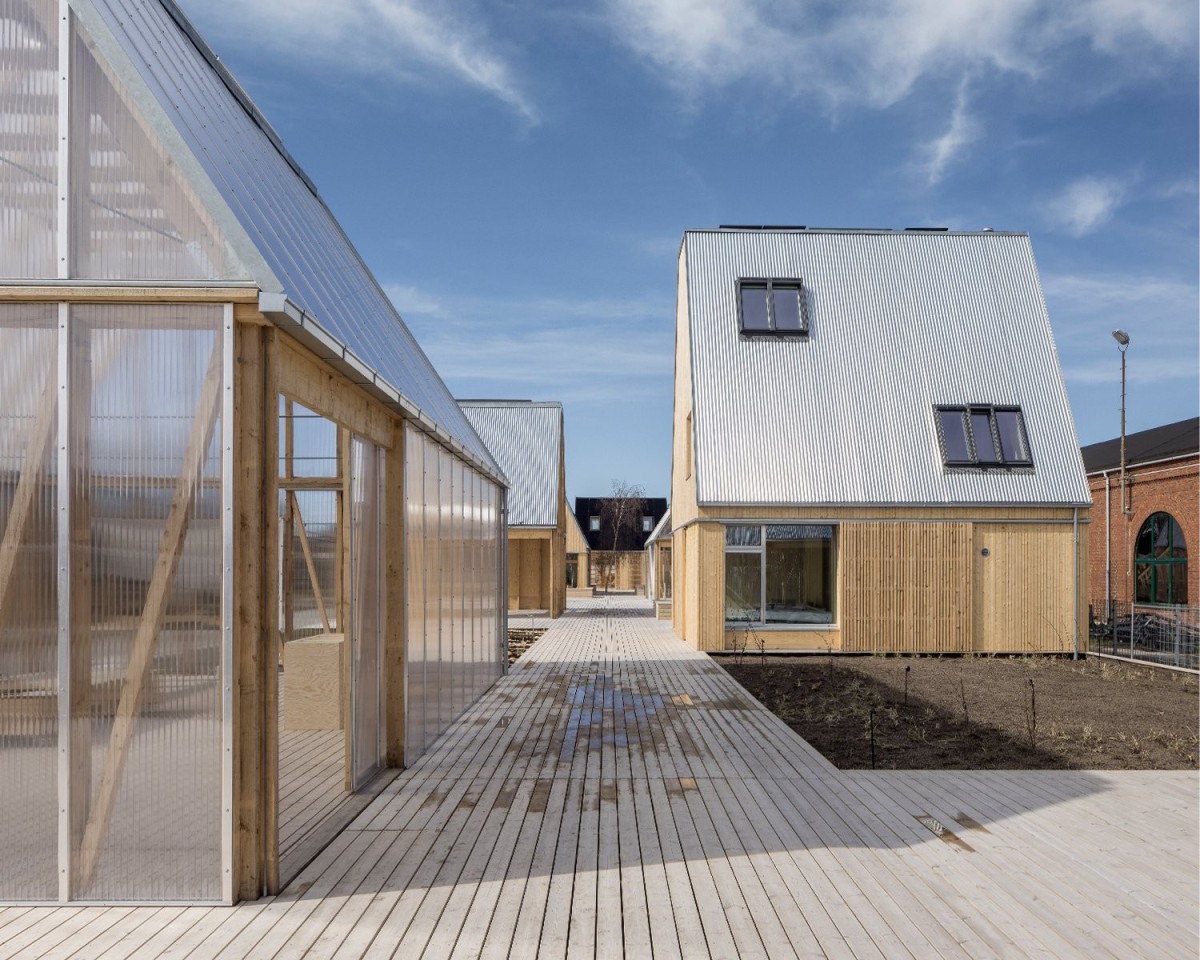
Until then, the prototype village offers an interesting programme of activities and debates to raise awareness of the role of buildings in the synergy between housing and society.
